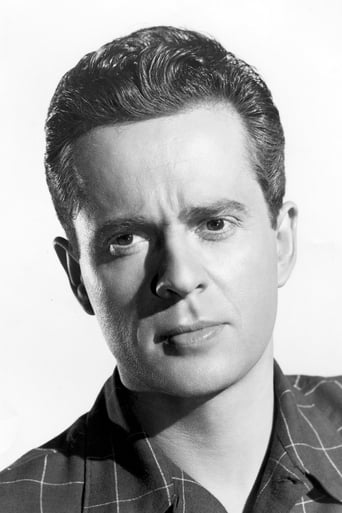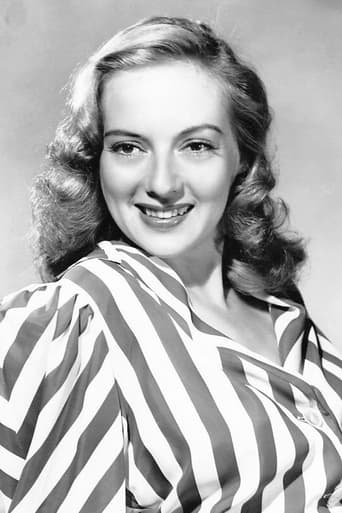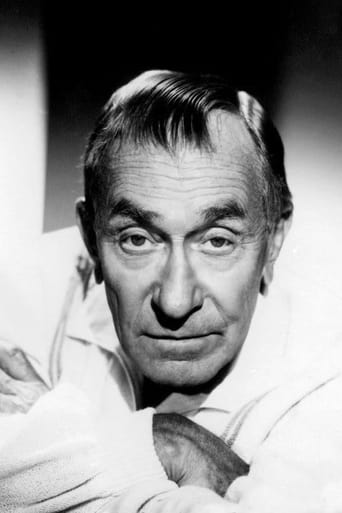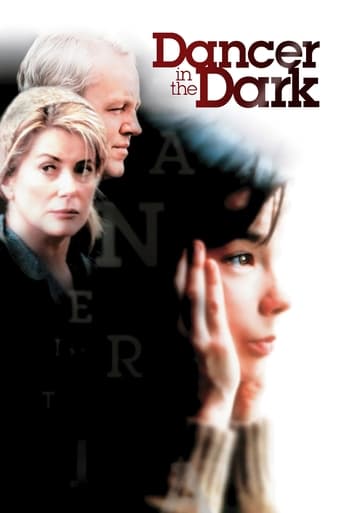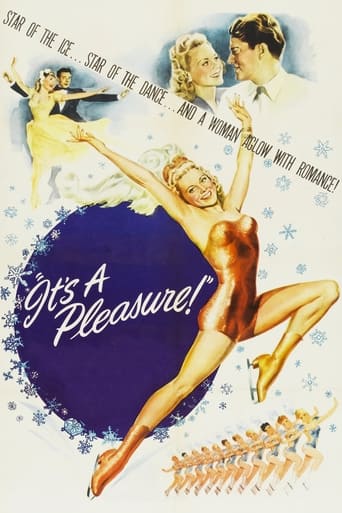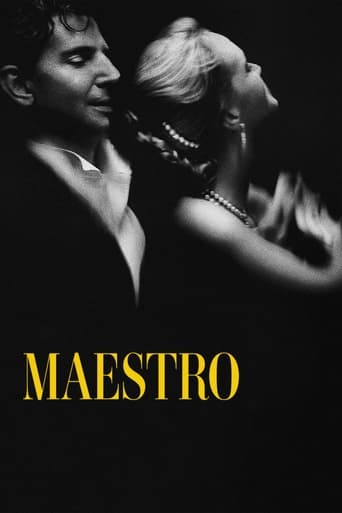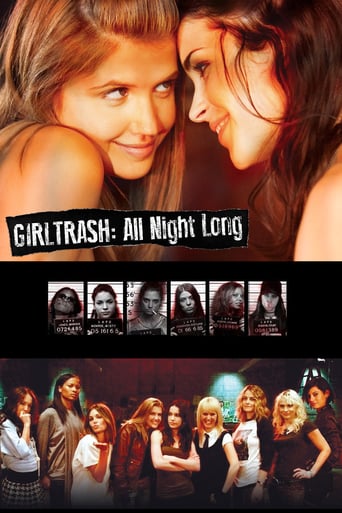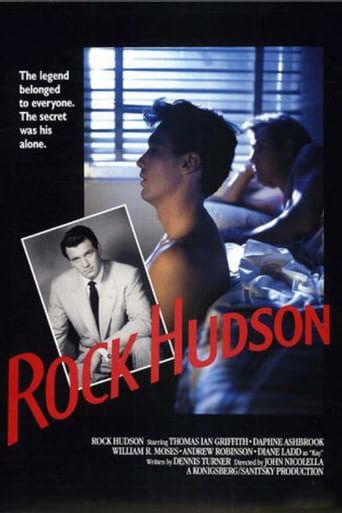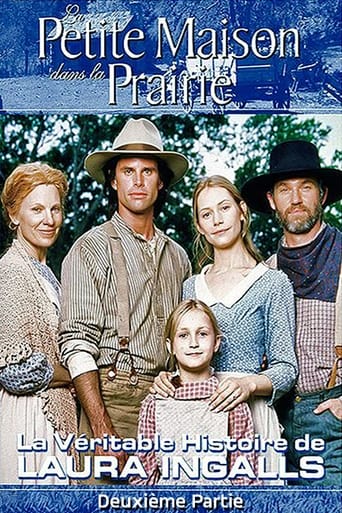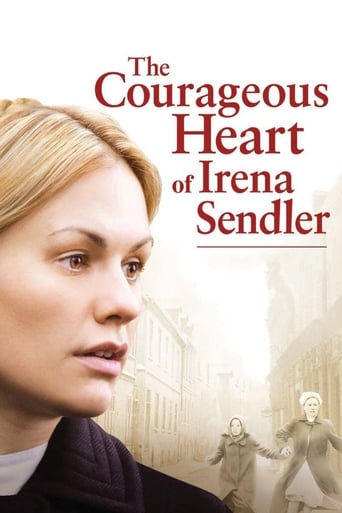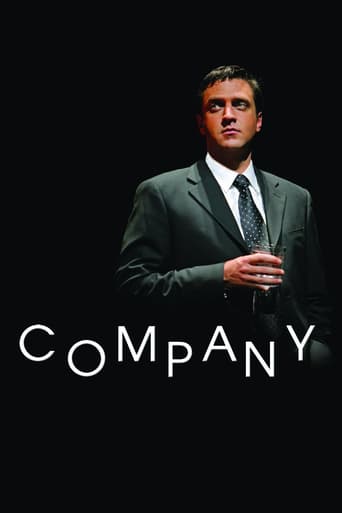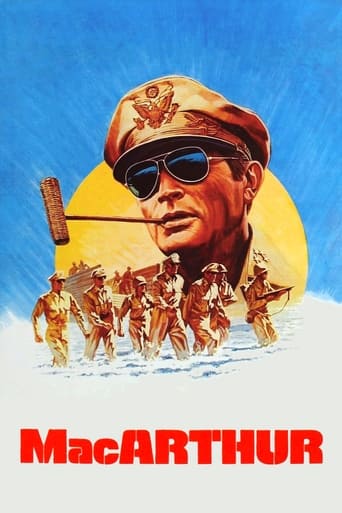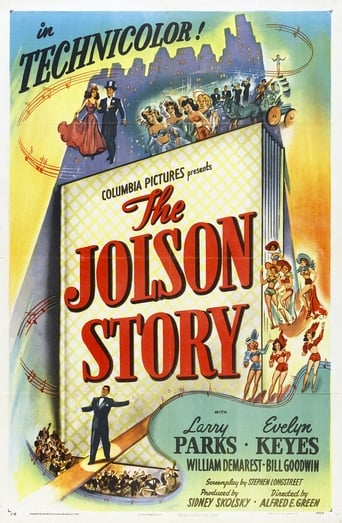
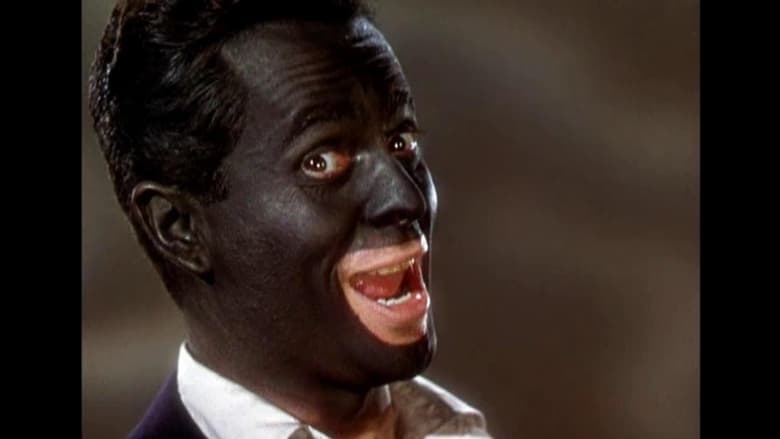
The Jolson Story (1946)
At the turn of the 20th century, young Asa Yoelson decides to go against the wishes of his cantor father and pursue a career in show business. Gradually working his way up through the vaudeville ranks, Asa — now calling himself Al Jolson — joins a blackface minstrel troupe and soon builds a reputation as a consummate performer. But as his career grows in size, so does his ego, resulting in battles in business as well as in his personal life.
Watch Trailer
Cast


Similar titles
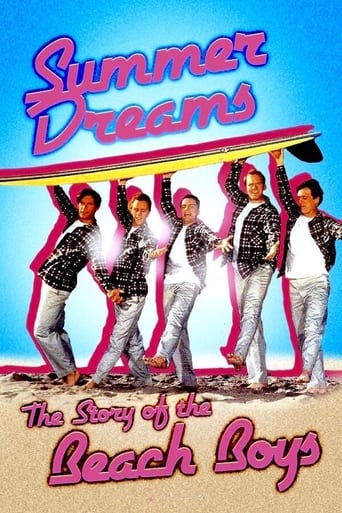
Reviews
We all know that bio-pics of the era weren't very accurate...but that's okay...this is simply an interesting film. It's fairly well known that Jolson wanted to play himself in this film, but thank goodness he wasn't allowed to do so. Not just because he was too old for the part, but also because his ego would have ruined the film. Larry Parks was able to make Al Jolson likable...something Jolson couldn't have done for himself. And by the way, Larry Parks' lip-sinking to the real Jolson singing is simply outstanding. The same can be said for Scotty Beckett as he was playing the young Jolson.Of course, there's a lot of Black face in this film. Get over it. History -- whether pleasant or not -- is still history. And, if you read up on Jolson, you'll find that he was extremely popular with African-Americans of the time, and they flocked to honor him at his funeral. We can't understand it all now. That's not excusing the cultural faux pas (and that's putting it mildly) of Black face, but, the Black face phenomenon may not have been as black and white (no pun intended) as we see it today. Something to think about.Larry Parks was something of a one hit wonder (with the emphasis on "hit"), but his performance here is really one of the greatest performances in any bio-pic.And then there's Jolson. I was only a baby when Jolson died, but I've always thought that Jolson was something special...special unique. I don't imagine many of us would have liked him personally, and his voice was certainly not a traditional vocalist's voice of almost any era. But again, it was unique, and by the time this film was made, a special kind of mellow with high energy.And then there's the supporting cast. William Demarest, not usually one of my favorite character actors (although he's always "okay"). But, this role is more diverse for Demarest and he shines in it. Evelyn Keyes is also excellent as Julie Benson -- an amalgam of Jolson's actual 4 wives. Bill Goodwin is good as another performer and eventual director of a theater. Ludwig Donath is quite charming as Cantor Yoelson, Al's father. Scotty Beckett is excellent as the young Al Jolson. Tamara Shayne is good as Al's mother.Although the film pretends Jolson had only one wife (he actually married 4 times), they way they handle the rigors of show business and the effect it had on Jolson's marriages. Quite cleverly done.To be honest, aside from Larry Parks' off-color front tooth, which I found rather distracting, there's not much to criticize here (other than the typical bio-pic white wash), and much to praise. Back then, it was so popular that it revived Jolson's seriously flagging career just a few years before his death. BTW, if you have a chance, listen to the Bing Crosby - Al Jolson radio performances which are on DVD...quite fun and memorable.
This movie is a great biopic of one of the most popular and beloved entertainment figures in history. Tow things make this movie work: the music, which is sung by Al Jolson, and Larry Park's depiction of Jolson which captures the persona of Al Jolson. For this movie to succeed, it was critical that Parks convince the audience that he is Al Jolson, and he does just that. Although the music is an essential element of the story, this movie would have succeeded without the music, so effective was Park's performance. Al Jolson was more than just an entertainer. He was a symbol for an era exemplified by rapid social change as exemplified by Jolson's style. Jolson was the people's entertainer, he represented everyone and lifted everyone's spirits. To the movie's credit, it does not downplay the role of black face in Jolson's act. It is an integral part of the story and is shown without fanfare or political implications. The audience can react whichever way they want to it. But one thing is certain: Jolson does not use black face to denigrate; instead it becomes part of his persona, at least on the stage. Jolson makes black face a symbol for respect.
I'm slightly bemused to read several raves for this movie; I had assumed that a modern day audience would find the over the top Jolie style risible and I must conclude that the raves are the work of older viewers. By 1946 when the film was made even the guy in the street was beginning to figure out that Jolie was prime ham, a sort of singing Charles Laughton if you will with an ego the size of Texas. By 1946 the ex-band solo singer was well established and the likes of Crosby, Sinatra, Haymes etc mostly just stood in front of a microphone and sang seeing no need to flail the air or ham it up on one knee - on the other hand todays' vocalists are also incapable of standing still and just singing so maybe Jolie's histrionics does strike a chord. If you ARE prepared to suspend disbelief and admire corn and chuzpah in equal measures there the chances are you will enjoy this hoke which is about as accurate as a Mickey Mouse watch - Jolie's mother died when he was eight years old, Julie Benson (in real life Ruby Keeler who refused to lend her name to the film) was Jolie's Third and not First wife as is implied here, the character of Steve Martin was pure fiction etc. Larry Parks does do a fine job of miming and William Demarest is outstanding as a character who didn't exist. If you like your entertainers in yer face you'll love this given that Jolie makes Ethel Merman seem subtle.
The Jolson Story is one of the best movies ever made. Even though some of it is fiction, I enjoy watching it over and over again (as well as Jolson Sings Again). Larry Parks did a marvelous rendition of Al Jolson. He was an excellent actor who died much too early, but he left us with his wonderful acting. My favorite song in the movie, Jolson Sings Again, is "Sonny Boy", although I like all the songs! Scotty Beckett is a very good young Al Jolson. William Demarest was one of my favorite actors and was excellent in his part as Al Jolson's partner and then Manager. Bill Goodwin was great, and Ludwig Donath and Tamara Shayne were fine, also.


